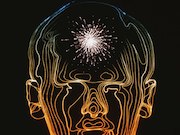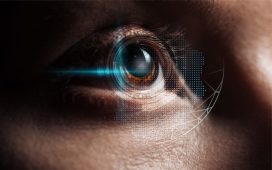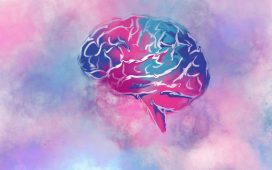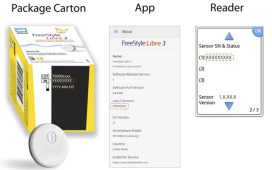Model includes age, Killip class, hypertension history to estimate risk in those without atrial fibrillation
WEDNESDAY, Feb. 28, 2018 (HealthDay News) — A new risk score incorporates readily accessible risk factors associated with the occurrence of stroke in patients after myocardial infarction (MI) in the absence of atrial fibrillation (AF), according to a study published in the Feb. 20 issue of the Journal of the American College of Cardiology.
João Pedro Ferreira, M.D., Ph.D., from the University of Lorraine in France, and colleagues pooled data from four trials (22,904 patients) to identify risk factors (excluding AF) for the occurrence of stroke and to develop a calibrated and validated stroke risk score in patients with MI and heart failure and/or systolic dysfunction.
The researchers found that over a median 1.9 years of follow-up, 660 patients (2.9 percent) had a stroke. These patients were older and more often female, smokers, and hypertensive. In addition, stroke patients had a higher Killip class; a lower estimated glomerular filtration rate; and a higher proportion of histories of MI, heart failure, diabetes, and stroke. The final stroke risk model included older age, Killip class 3 or 4, estimated glomerular filtration rate ≤45 ml/min/1.73 m², hypertension history, and previous stroke. The models showed moderate to good discrimination and were well-calibrated. The observed three-year event rates increased steeply for each sextile of the stroke risk score (1.8, 2.9, 4.1, 5.6, 8.3, and 10.9 percent, respectively) and were in agreement with the expected event rates.
“This score may help in the identification of patients with MI and heart failure and a high risk for stroke despite their not presenting with AF,” the authors write.
Several authors disclosed financial ties to the pharmaceutical industry.
Abstract/Full Text (subscription or payment may be required)
Editorial (subscription or payment may be required)
Copyright © 2018 HealthDay. All rights reserved.








